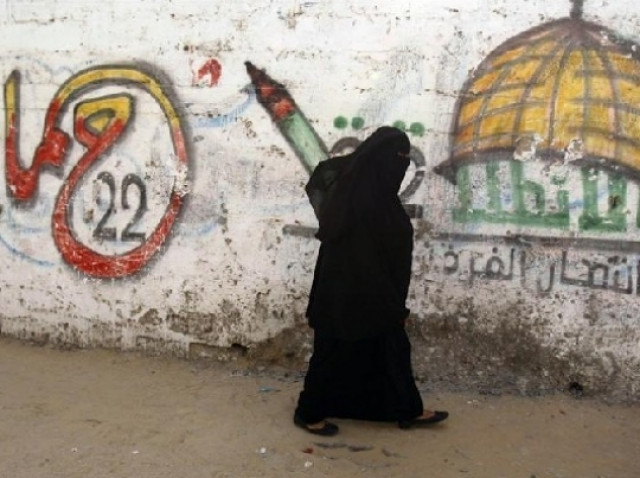Firstly, I must stress (as many secularists do) that secularism is not an anti-religious system. It merely stipulates that the state affairs must not be influenced by religion, in acknowledgement of the fact that a nation is a collection of citizens with different religions, and putting one group's religious laws on the pedestal would be unfair to the rest, who would want their own religious values to be prioritized.
Secularism is not an experimental model. It's a tried-and-tested system that has consistently yielded splendid results. To emphasize this point, I'd like to talk about something I learned from an Irish friend of mine.
The image of Ireland following its independence and almost all the way up till the 70's was a dismal one. With the Catholic group in power, an iron-fisted censorship board was established that banned films and magazines at the slightest hint of blasphemous or "immoral" content, and the artists and writers involved in these acts were punished. Professors were frequently mistreated for teaching concepts which were not considered in line with the orthodox Christian beliefs. Religious minorities faced unfathomable horrors as they were discriminated against by their government as well as the people.
The results of this system were abysmal. The Irish film and art industry was left strangled, and the state of education was atrocious. The state of women worsened and religious minority populations began to dwindle. The country developed a reputation as a terrorist state, known well around Europe as the home of IRA and religious fundamentalists. This tarnished image quickly became the bane of Irish migrants in UK, who reported widespread discrimination and bigotry against them.
Prominent Irish Catholics blamed this failure on improper implementation of Christian dicta, arguing that since these religious laws worked perfectly well for the Rome-dominated western Europe of the 13th century (regarded as the golden age of Christianity), there's no reason why they shouldn't for modern Ireland.
Do these circumstances sound familiar?
With the secular revolution in the 1970's, Ireland was quickly transformed from a backward European nation to a progressive, prosperous state. A remarkable reduction was observed in the level of religious intolerance, the art industry began to thrive and Ireland's global image received a boost in inverse relation to the level of discrimination faced by Irish people abroad.
Ireland is just one example. The failures of Pakistan despite fervent Islamization are no indication of the inefficacy of Islam laws, which largely promote religious harmony and unity. It has been observed by prominent scholars and theologians that many edicts that are passed off as Islamic commandments these days have little to do with Islam itself, but rather the socio-cultural model of 7th -10th century Arabia. The same Arabic laws that did wonders for Muslims in the golden age a thousand years back may require some revision if they are to work just as well in the 21st century paradigm, where things have changed significantly.
This evolution must be embraced, not perceived as a threat to our religious values. A secular system of governance is not a hindrance to the Islamic faith, but an assurance that each one of us can practice his/her religion freely without being discriminated against or provided special privileges on the basis of our religious convictions (or lack thereof).
This is, coincidentally, what the father of our nation implied in his address to the Constituent Assembly of Pakistan in 1947:
"You are free to go to your temples, you are free to go to your mosques or to any other place of worship in this State of Pakistan. You may belong to any religion or caste or creed that has nothing to do with the business of the State."
The author of the article I alluded to in the beginning claims that religious tolerance can be achieved sans secularism. Perhaps so, but that noble task is markedly more onerous when the dialogue is initiated with the words:
"Our country's laws shall be based on my religious beliefs, because they are superior to your beliefs. Now, let us talk about equality and tolerance!"
______________________________________________________
[poll id="86"]



COMMENTS
Comments are moderated and generally will be posted if they are on-topic and not abusive.
For more information, please see our Comments FAQ